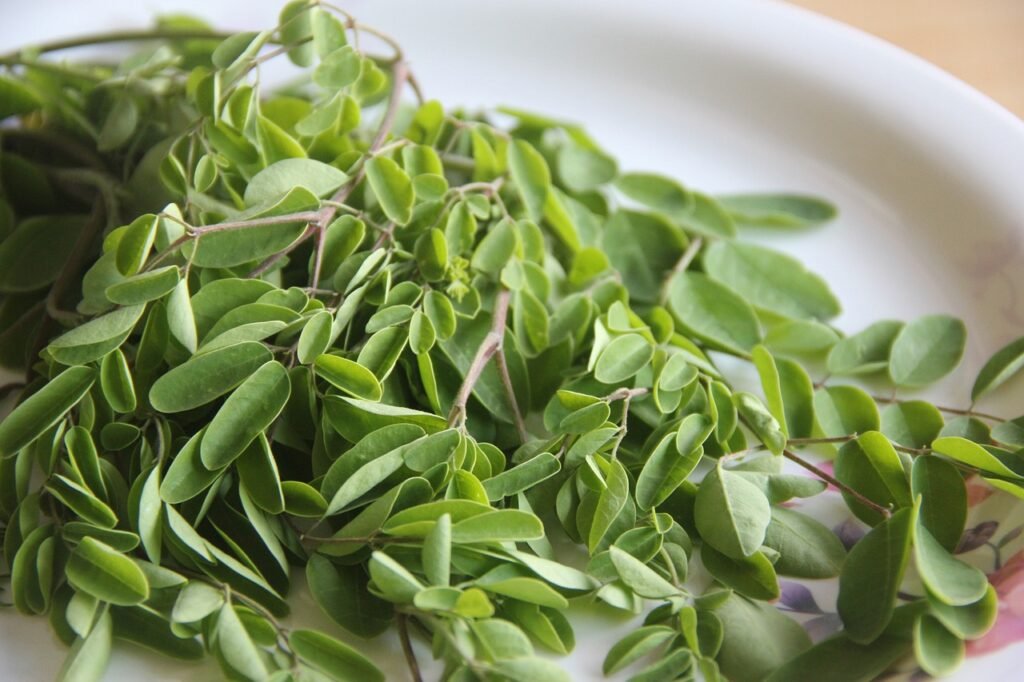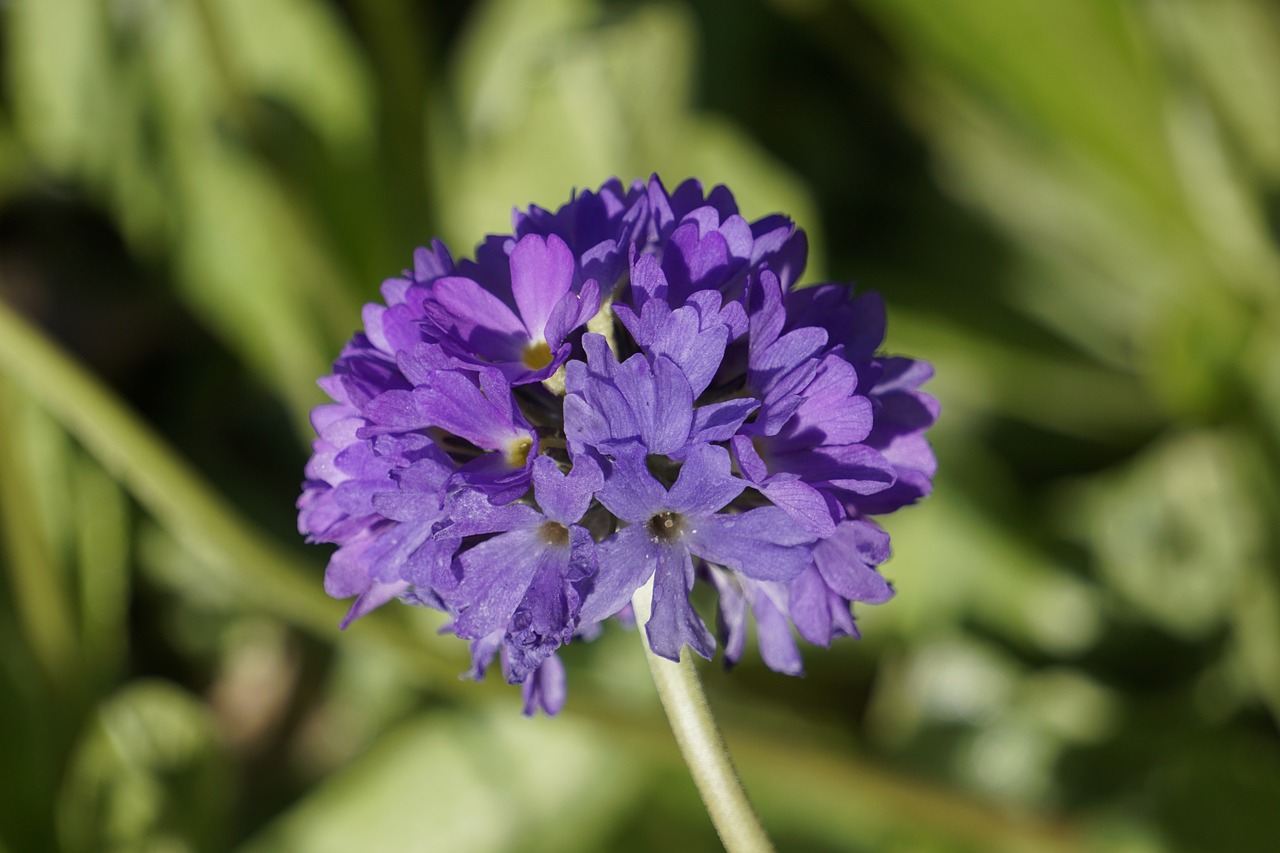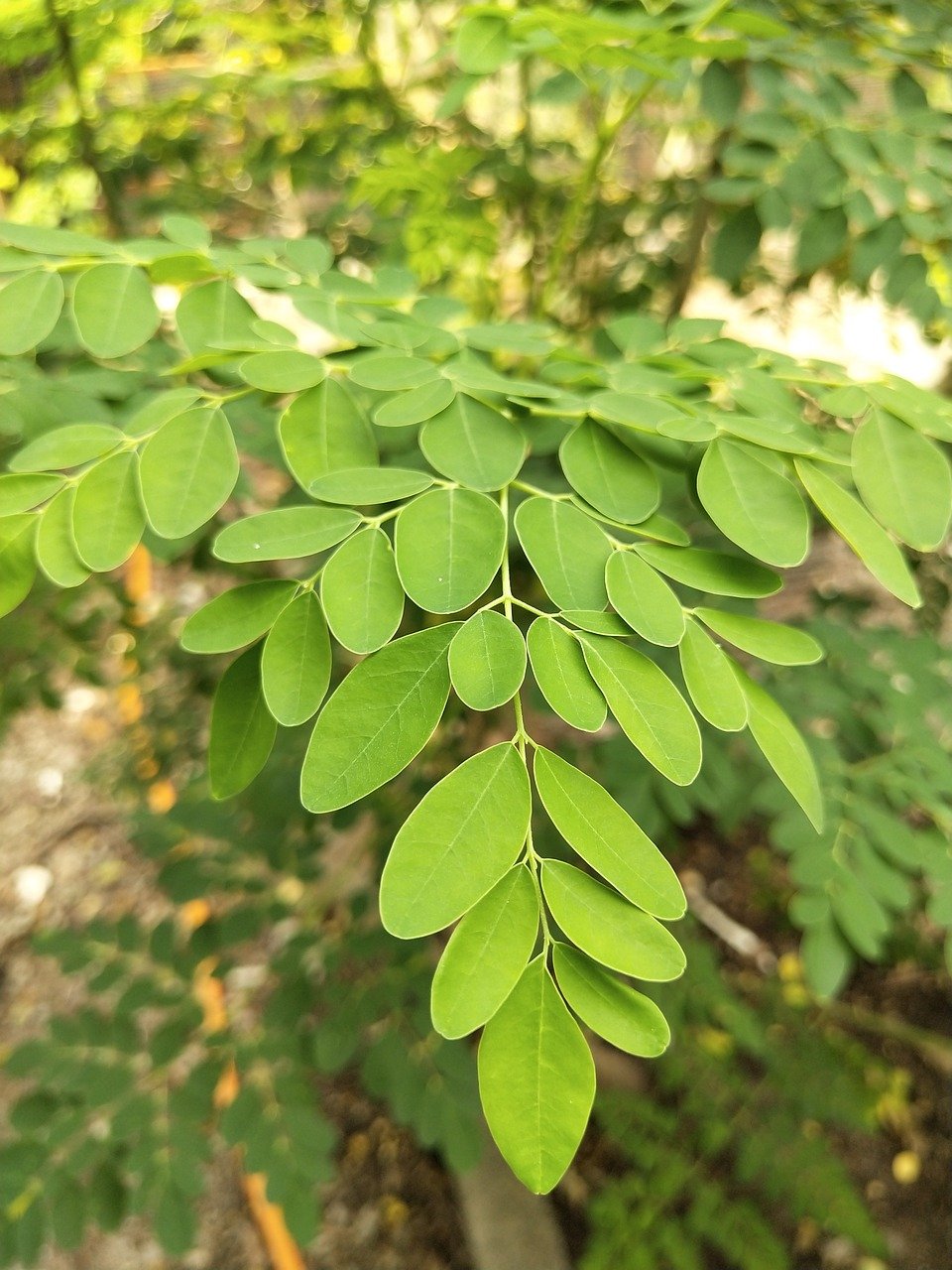
Have you ever looked in the mirror and noticed dark spots on your skin that you wish would disappear? You’re certainly not alone. Many people deal with similar skin concerns and look for effective solutions. One ingredient that has been making waves in the skincare community is Moringa. But does Moringa truly have the ability to remove dark spots? Let’s take a closer look.

What is Moringa?
Moringa, often referred to as the “drumstick tree,” is native to various regions in Asia and Africa. This superfood has been celebrated for its nutritional benefits for centuries. The leaves, seeds, and pods of the Moringa tree are jam-packed with vitamins, minerals, and antioxidants. Moringa is known for being rich in Vitamin C, Vitamin E, and various polyphenols that support overall health. The question is: how do these properties translate to skin benefits, specifically in removing dark spots?
Understanding Dark Spots
Before exploring Moringa’s potential, it’s essential to understand what dark spots are. Dark spots, also known as hyperpigmentation, can appear on the skin for various reasons, including sun exposure, hormonal changes, and inflammation. They occur when areas of your skin produce more melanin, the pigment that gives skin its color.
Common Causes of Dark Spots
| Cause | Description |
|---|---|
| Sun Exposure | UV rays can trigger increased melanin production. |
| Hormonal Changes | Fluctuations in hormones, especially during pregnancy, can produce melasma. |
| Aging | As you age, your skin’s ability to repair itself decreases, leading to more dark spots. |
| Skin Inflammation | Conditions like acne or eczema can lead to post-inflammatory hyperpigmentation. |
Understanding the root cause of your dark spots can help you determine the best course of action.
How Moringa Affects the Skin
Moringa contains several compounds that may positively impact skin health. It’s essential to examine these properties to understand how they could tackle dark spots.
Antioxidant Properties
One of the most significant aspects of Moringa is its high antioxidant content. Antioxidants help neutralize free radicals in the body, which can damage skin cells. When skin cells are damaged, they can produce excess melanin, leading to dark spots. By combating oxidative stress, Moringa may support a more balanced production of melanin.
Anti-Inflammatory Effects
Another noteworthy benefit of Moringa is its anti-inflammatory properties. Inflammation can lead to various skin issues, including dark spots. By incorporating Moringa into your skincare routine, you might help soothe inflammation and potentially lessen the appearance of discoloration.
Skin Nourishment
Moringa is packed with essential vitamins and minerals, including Vitamins A, C, and E, which are all crucial for skin health. Vitamin C, in particular, is known for its brightening effects on the skin. Moringa can nourish your skin cells and promote a more even skin tone, which may help reduce the visibility of dark spots.
Ways to Use Moringa for Skin Care
If you’re intrigued by Moringa and its potential to help with dark spots, you might wonder how to incorporate it into your routine. Here are some popular ways to use Moringa:
Moringa Oils
Essential oils extracted from Moringa seeds are great for topical application. These oils can be used directly on your skin or mixed with other carrier oils. When applied regularly, they may help improve your overall skin tone.
Moringa Powder
Moringa powder can be added to smoothies, juices, or even skincare masks. Using it in face masks can provide exfoliation and added nourishment for your skin. You could mix Moringa powder with yogurt or honey for a moisturizing mask packed with nutrients.
Moringa Supplements
If you’re looking for a more straightforward approach, consider taking Moringa supplements. These won’t directly target dark spots like topical applications do, but they can contribute to your overall health, which in turn supports your skin.

Efficacy of Moringa Against Dark Spots
While Moringa has a range of positive qualities, it’s crucial to manage your expectations regarding its effectiveness in removing dark spots. Here’s what you should know:
Scientific Studies
Currently, there is limited direct scientific research specifically linking Moringa to the reduction of dark spots. Most findings highlight its general health benefits. However, the nutrients in Moringa suggest a potential for skin improvement over time.
Individual Results
Everyone’s skin is unique, and reactions to Moringa may vary from person to person. While some may notice an improvement in dark spots after consistently using Moringa, others might not experience the same results. It’s important to remain patient and give your skin time to respond.
Combining Moringa with Other Ingredients
For enhanced effects, some individuals opt to combine Moringa with other skin-loving ingredients. When done right, this can lead to an even more robust skincare routine.
Vitamin C
As mentioned, Vitamin C is recognized for its skin-brightening capabilities. When paired with Moringa, particularly in a mask or oil, you may maximize their benefits for addressing dark spots.
Niacinamide
Niacinamide, or Vitamin B3, is celebrated for its ability to minimize pigmentation issues. This may be an excellent addition to a Moringa regime, as it can work synergistically to combat hyperpigmentation.
Aloe Vera
Known for its soothing properties, Aloe Vera can hydrate the skin while providing additional anti-inflammatory benefits. Mixing Moringa products with Aloe can create a calming effect for irritated skin.
Consistency is Key
No skincare product or ingredient can yield immediate results. For Moringa to potentially reduce dark spots, consistent application over time is crucial. Regular use will allow your skin to adjust and benefit from the nutrients that Moringa has to offer.
Daily Routine Suggestions
- Morning: Start your day with a smoothie containing Moringa powder alongside fresh fruits and vegetables.
- Afternoon: Apply Moringa oil as part of your moisturizing routine, perhaps coupled with other oils like jojoba or argan.
- Evening: Treat your skin to a Moringa-infused face mask for gentle exfoliation and nourishment a few times a week.
Potential Side Effects of Moringa
While Moringa is generally safe for most people, it’s always wise to keep potential side effects in mind:
Allergic Reactions
Although rare, some individuals might experience allergic reactions to Moringa. If you are trying it for the first time, do a patch test by applying a small amount to a different part of your skin.
Interaction with Medications
Moringa can interact with certain medications, particularly those related to blood sugar and blood pressure. If you are on medication or have underlying health conditions, consulting your healthcare provider before starting Moringa supplements is advisable.

Other Natural Remedies for Dark Spots
If you’re looking for additional ways to tackle dark spots, you might want to consider some natural remedies besides Moringa. Here are a few popular options:
Lemon Juice
Lemon is known for its natural bleaching properties; however, it can be irritating. If you decide to use lemon juice, always dilute it with water and avoid sun exposure afterward.
Turmeric
Turmeric has curcumin, which boasts anti-inflammatory and skin-lightening benefits. Mix turmeric powder with yogurt or honey to create an effective mask.
Green Tea
Rich in antioxidants and anti-inflammatory properties, green tea can be a soothing topical treatment. Applying cooled green tea bags can help rejuvenate your skin.
Professional Treatments for Dark Spots
If you feel that home remedies aren’t effective enough, several professional treatments can help. Here’s a look at some options:
Chemical Peels
Chemical peels can target pigmented areas while also improving the overall texture of your skin. Peeling solutions use acids to encourage exfoliation.
Microdermabrasion
This minimally invasive treatment removes the top layer of skin, potentially reducing dark spots. It requires minimal downtime and can lead to visible improvements over time.
Laser Therapy
For more severe cases of hyperpigmentation, laser therapy might be recommended. This targeted treatment can destroy excess melanin and help you achieve an even complexion.

Conclusion
While the quest for clear skin may lead you to various products and remedies, Moringa presents an intriguing option worth considering. The combination of its antioxidants, anti-inflammatory properties, and nourishing vitamins makes it a potential ally in the fight against dark spots. However, managing expectations and maintaining a consistent routine is essential to truly gauge its effectiveness.
Ultimately, everyone’s skin is unique, and what works for one person may not work for another. Pairing Moringa with a healthy lifestyle, sun protection, and a balanced skincare routine might just lead you toward the clearer skin you desire. If dark spots continue to be a concern, don’t hesitate to speak with a dermatologist for personalized advice. Your journey toward radiant skin starts with informed choices and a dash of patience!
